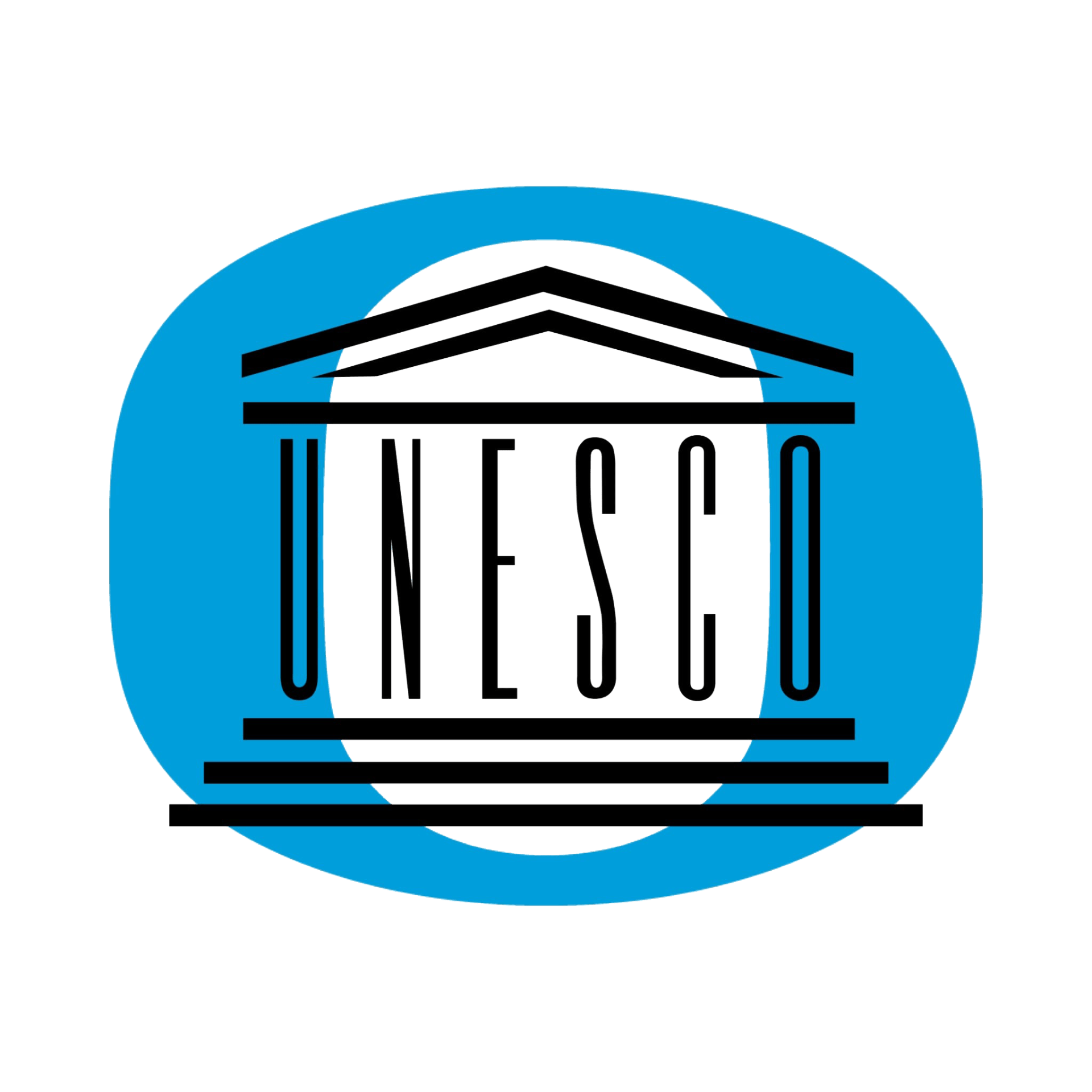Our History
The University of Oregon-UNESCO Crossings Institute for Conflict-Sensitive Reporting and Intercultural Dialogue launched at the University of Oregon in 2013 with offices at the School of Journalism and Communication Turnbull Center in the White Stag block in Portland and on the University of Oregon campus. Read the official press release.

In September 2008 the Center for Intercultural Dialogue was established at the University of Oregon. Under the leadership of UNESCO Chair Shankman, the Center for intercultural Dialogue aimed to foster an environment of peace through the promotion of interdisciplinary teaching and research in transcultural studies and interreligious dialogue. The Center has engaged students as well as faculty and community members in efforts to build a global community through education and dialogue that transcends cultural, religious, and geopolitical boundaries. In 2013 the Center became the UNESCO Crossings Institute.
The Institute dates its founding back to 2006 when UNESCO (the United Nations Educational, Scientific, and Cultural Organization) approved the first-ever American chair in UNESCO’s Intercultural Dialogue Program at the University of Oregon. Professor Steven Shankman was named the UNESCO Chair in Transcultural Studies, Interreligious Dialogue, and Peace. In 2007 the University of Oregon joined UNESCO’s UNITWIN (university twinning program), a network of the chairs in interreligious dialogue for intercultural understanding. UNITWIN promotes research collaboration among its members.

Working from curricula developed by UNESCO and the University of Oregon School of Journalism and Communication, Crossings Institute training in conflict sensitive reporting begins with acknowledgement that conflict is a critical element of most news reporting. Too often journalists assigned to report on conflict find it framed by the combatants as a simple us against them story. That rarely is the case. Rather, conflict in news stories is multifaceted – and its causes and solutions are complex. Learning to report on conflict with a point of view oriented to what may be a solution rather than a simplistic who-wins-and-who-loses perspective can result in informative and constructive journalism of social value. Conflict sensitive reporting training investigates how journalists tend to cover conflicts as simple dichotomies and why a more nuanced approach may result in more interesting and responsible journalism than the black and white type that often typifies conflict reportage. Such training investigates how news reports can unintentionally exacerbate conflict and how conflict sensitive reporting can influence parties at odds to seek common ground and, ultimately, solutions to conflicts.
